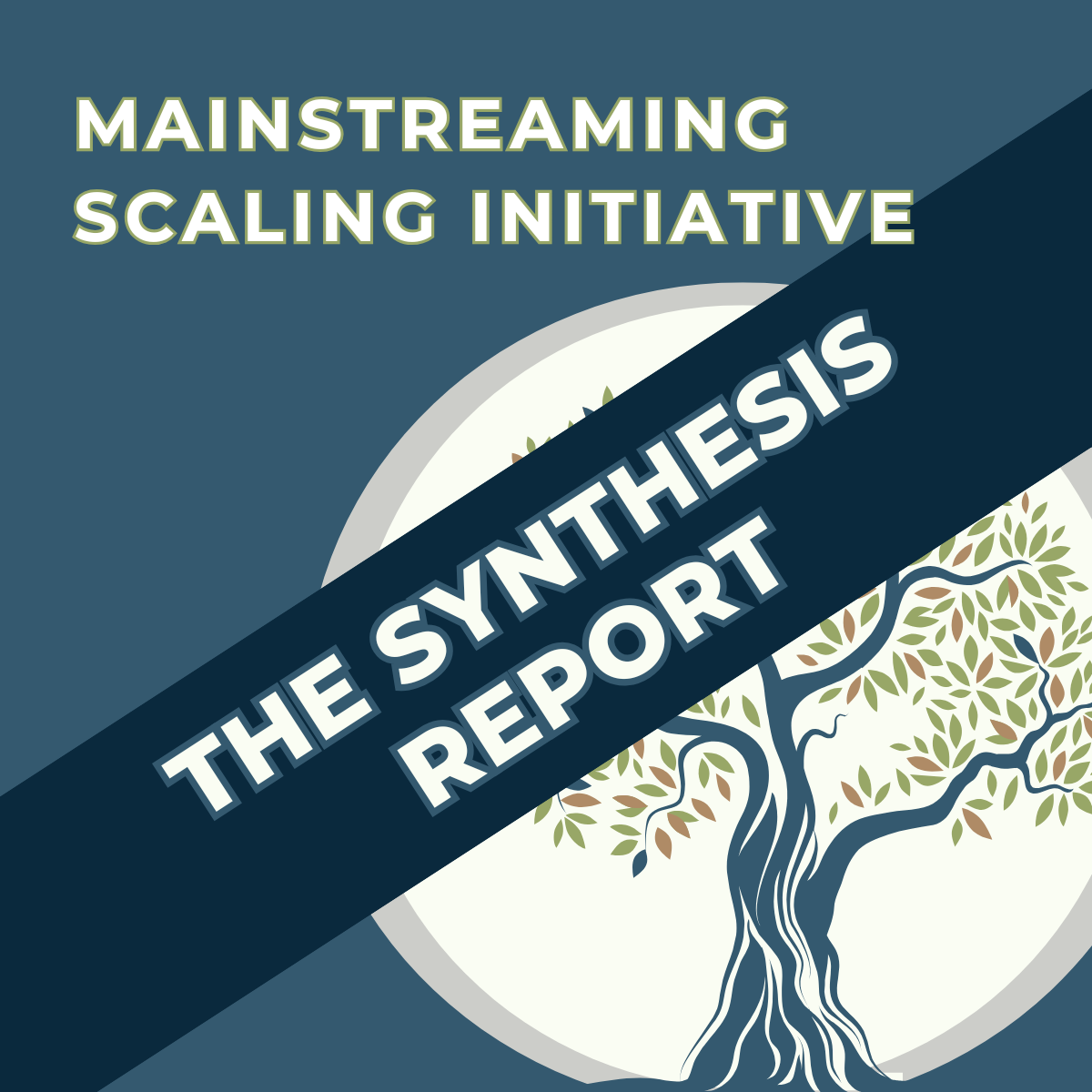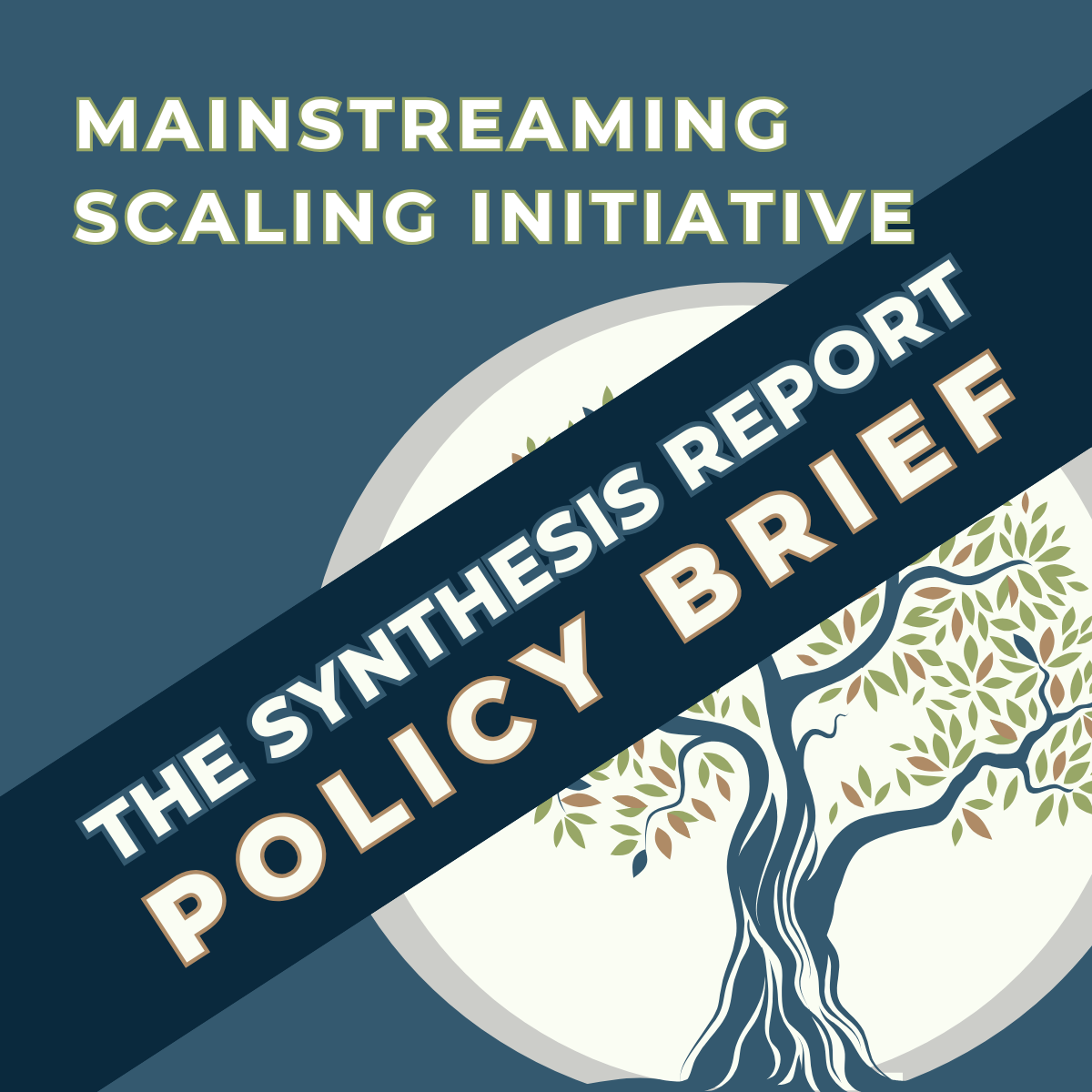
Description
Liz Vance, the session moderator, began the session by explaining that green jobs are one of the world’s most rapidly growing occupations: the International Energy Agency projects that adopting clean energy technologies will generate millions of jobs by 2030, with millions more to retrofit and construct energy-efficient buildings and manufacture new energy vehicles. The World Economic Forum’s 2023 future of jobs report cites the green transition as the key driver of job growth. However, most countries are not making the needed investments in green job training programs.
As an opening exercise, participants were asked to close their eyes and visualize a “green job.” Participants shared their ideas via emoji. Most of the emojis wore hardhats – they were windmill operators and solar panel installers. Only a few were accountants or logisticians. This illustrated the risk of vastly misunderstanding where green jobs are and what they look like. Most green jobs aren’t in clean energy generation – which rely on very few workers – but focus on making traditional industries greener. Logisticians will need to be able to manage distribution networks made up of fleets of electric vehicles, factory workers will need to re-tool production lines as they seek energy efficiency, and procurement officers will make the circular economy real at scale.
Casey Weston shared how LinkedIn’s Data for Impact program leverages LinkedIn’s data to amplify the impact of public investment, inform public policy decisions, and inform efforts to improve labor markets. LinkedIn’s Economic Graph draws upon data across 1 billion members, 67 million companies, 14 million jobs, 41 thousand skills and 133 thousand schools. LinkedIn has deployed its data in support of green initiatives with the OECD, the IMF, and IEA. LinkedIn’s Green Jobs report found that only one in eight workers had green skills and that the demand for green skills is growing twice as fast as the supply. Their data affirms that most jobs that require green skills are not traditional “green jobs.” For example, a compliance manager now needs green skills such as remediation, environmental compliance, and environmental health and safety. Casey also highlighted how inequalities are holding us back from a green transition:
- Gender: For every 100 men considered green talent there are only 62 women.
- Education: Green talent is growing fastest among those holding a bachelor’s degree or higher.
- Income: Higher-income countries are greening at a faster rate than lower income.
- Age: The share of green talent is growing fastest among the younger generations.
Armando shared how Mexico’s massive auto industry, which employs one million people, is re-tooling to meet the growing demand for electric vehicles and parts. Firms require new skills in the areas of sustainability, digitalization, security and energy efficiency, including embedded software, cybersecurity, algorithms, edge computing, cloud computing, data analysis, artificial intelligence, energy management, renewable energy, environmental health and safety, and waste management. The green transition presents diverse opportunities up and down the electromobility value chain. For example, original equipment manufacturers are moving into charging infrastructure. New products and activities will further accelerate the changing demand for skills.
Retooling the global economy in a single generation means that young people, whether they are industrial workers, accountants, or public servants, must be agents for change in their industries. For example, a student studying energy efficiency for industrial engineers in Ciudad Juarez shared that until he took the course, he saw his vocation as a way to move his family into the middle class, but now he envisions himself cutting a factory’s emissions and impacting climate change. This reflects the private sector’s call for cross-cutting green skills so that industries can be transformed from the inside out, with every purchase, process, product, and service.
|
|
|





